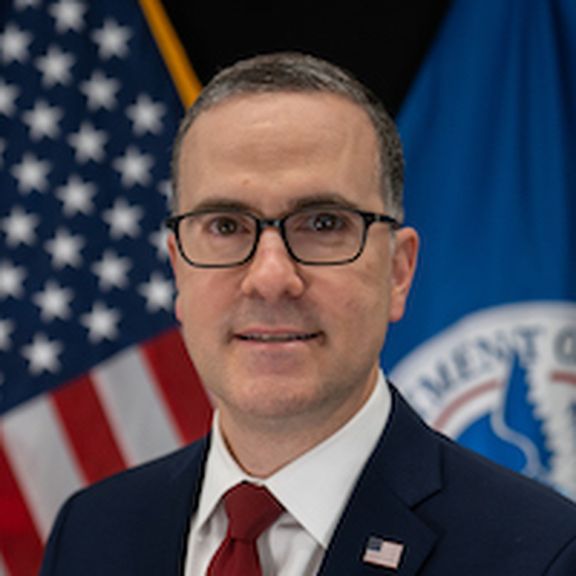How the Cybersecurity Infrastructure and Security Agency (CISA), the nation’s cyber central, will deconstruct the swarm of disinformation buzzing federal elections is front and center on the agency’s to-do list, Acting Director Brandon Wales said.
“This is one of the top issues, and I asked my team to put together some thought pieces related to what is the future for our disinformation work based upon what we saw work and not work during the 2020 election cycle,” said Wales, a Trump administration appointee, in remarks at the National Association of Secretaries of State’s virtual winter conference, The Hill reported.
Related: President Biden's Cybersecurity Priorities
CISA and Election Security: The Background
Immediately following the 2020 general election, CISA was thrust into a heated controversy when then President Trump loudly questioned the results, incessantly denouncing them as fraudulent and the process muddied by “improprieties” while failing to produce any evidence of wrongdoing. In particular, CISA director Christopher Krebs drew Trump’s ire when he called the election the “most secure in American history.” A day before the election, a CISA-created virtual war room set up to alert state and local voting officials of cyber intrusion or any other foul play found no evidence of tampering, Krebs said at the time.


Two weeks after the election, Trump fired Krebs, who had been CISA’s only director since its inception in 2018. Bryan Ware, CISA’s assistant director, had resigned a week earlier. What followed was more than two months of disinformation, dozens of dismissed lawsuits contesting the election’s results, and a dissembling of the cyber wing that also saw the resignation of former CISA deputy director Matthew Travis and Matt Masterson, a CISA senior advisor and an influential election security expert who left to join a think tank that examines election security and social media disinformation issues.
Wales said CISA intends to “get back to basics” and focus on the security, both cyber and physical--of elections, calling it a “top priority.” While he might not be around at CISA much longer--President Biden is reportedly considering Rob Silvers, a cybersecurity official in the Obama administration, for the role--for now he is engaging with the Department of Health and Human Services to handle COVID-19 disinformation, The Hill report said.
Perhaps it will serve as an example of how CISA sees its role going forward. “Standby for more information on the future of our disinformation work, but I know from talking to a number of the Biden transition team that they are eager to engage on it, so I would expect more to come in that space soon,” Wales reportedly said.
Bipartisan Support
The refocus on cybersecurity could also have a congressional angle, with Wales noting that he did not want to “jeopardize” the “broad bipartisan support” the agency enjoys on Capitol Hill. “Questions related to election administration really are kind of beyond our writ, we want to help states and local communities as they are putting in place new procedures, do so in as secure and resilient a way as possible, but hopefully they are the ones who are going to be making those determinations,” Wales said.
Despite the staff upheaval, CISA has continued its work to secure the country from cyber invaders. Earlier this month, the agency launched a new public awareness program that includes trainings, webinars and resources to help organizations fight the ransomware scourge hitting governments, schools and private industry.


